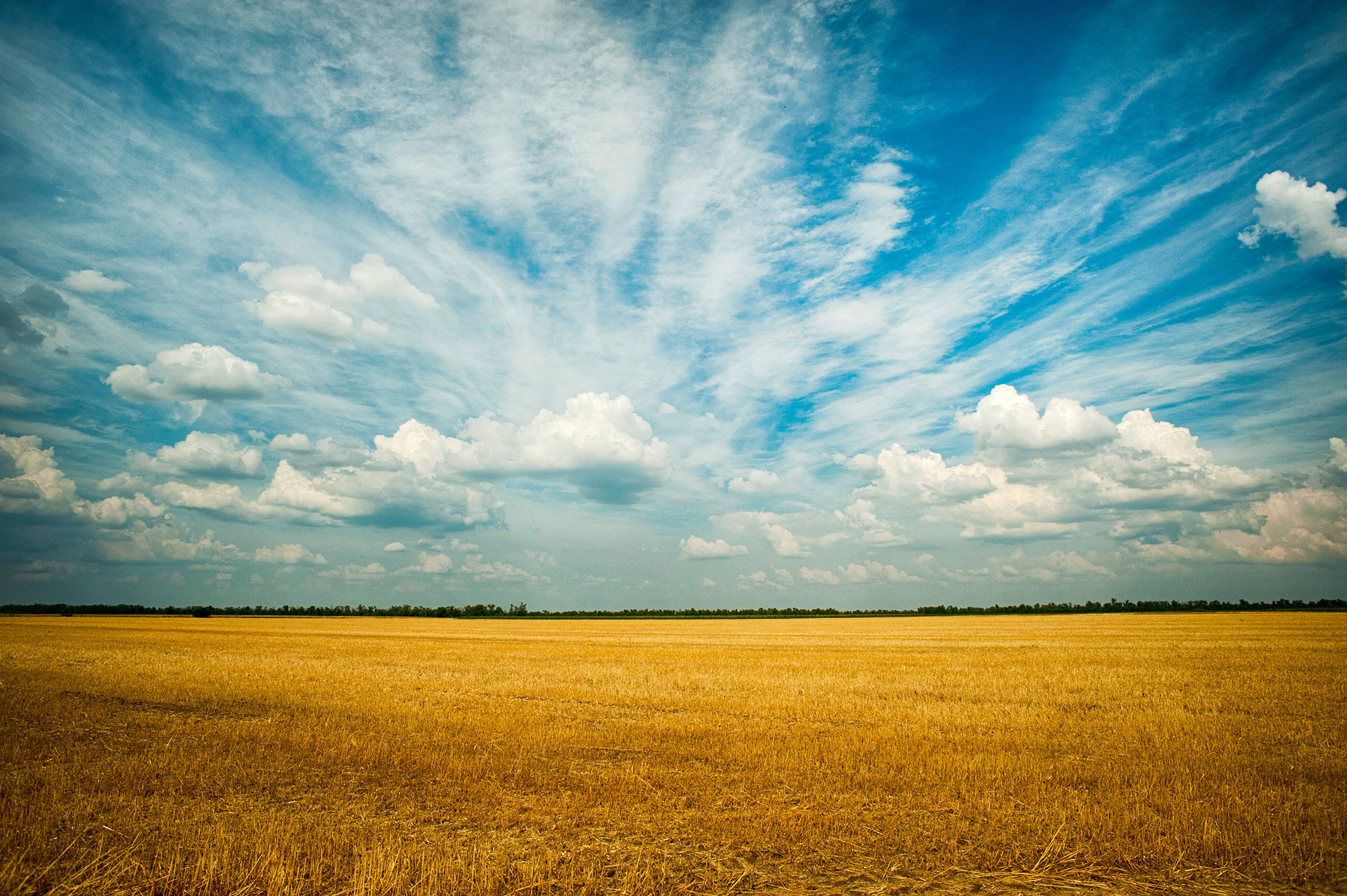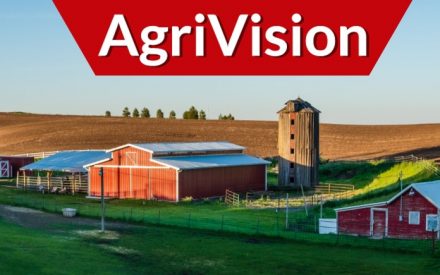Host Katie Wantoch and Jerry Clark, Associate Professor and Agriculture Agent with Extension in Chippewa County, discuss the advantages and disadvantages of neighboring farmers buying forage equipment together.
View Transcript
Katie Wantoch
This is UW Extension’s Farm Management AgriVision Podcast. I am Katie Wantoch Agriculture Agent with UW-Madison Division of Extension. I will be chatting with fellow Extension Educators as we answer questions from farmers and share our knowledge and expertise on how you can improve your farm management skills. Today I’m joined by Jerry Clark, Associate Professor and Agriculture Agent with Extension in Chippewa County. Welcome Jerry to the podcast.
Jerry Clark
Hi Katie. Thanks for having me.
Katie Wantoch
Jerry, today’s question is from a farmer and his wife who milk 200 cows and farm 350 acres in central Wisconsin. They are 55 years old and have $120,000 in debt. Their neighbor who is a mile down the road milks has the same number of cows and farms 310 acres. He is 57 years old and owes $145,000 on his farm. They both have haylage and corn silage harvested by a custom harvester who does a pretty good job, but doesn’t always get to them in a timely manner, thus affecting their forage quality. The farmer and his neighbor think they could buy the forage equipment together and do it themselves for less than what they pay the custom harvester. They think they can hire friends and family members to help. Jerry, what are your thoughts about the farmer and his neighbor pooling their resources and working together to harvest their forages?
Jerry Clark
Yeah, it’s a good question and interesting scenarios. We have a farmer that’s 57 years old with some farm debt. And then of course, looking at investing in some additional forage equipment. That’s where you start to look at additional debt and is this the time to be taking that on? So we usually in these situations recommend to do look at a partial budget. And basically the partial budget is to estimate the impact of these adjustments on a farm business. And so you look at the change of eliminating some of the costs of the custom harvester, and those types of expenses that you’ll have with the forage harvesting, and then looking at what’s it going to cost you to own this, this new equipment. That’s where the partial budget comes in. And I would recommend looking at something like that to kind of get a bottom line of what are the financial pros and cons of each side of this equation. And of course, we always recommend that get good numbers, don’t just ballpark these, get them as best you can. And look at those costs, especially those fixed costs. They’re not going to change regardless of which system you’re using. But look at those fixed and variable costs. And with the variable costs, we’re looking at those things such as fuel and labor and depreciation, interest, insurance on the fixed cost side. So think about all those different types of costs. And then once you look at those costs and returns for both of those systems, you can start to get a better educated estimate of what’s going to happen here. On the flip side too of this is kind of going back to the setup of this scenario with being 57 with already having 100, almost $150,000 of debt. Do you want to invest and go into more debt on this equipment? And so there again, is there a way to work with your current custom harvester to make sure the forage is done right. And it’s, it’s more timely and in forage quality, which might maybe there’s a way to increase the bottom line of the forage quality, get it better, increasing milk production, those kinds of things. So can we fix that problem before we add maybe a potential additional problem with more debt and having to figure out how this having your own equipment’s going to work?
Katie Wantoch
Yeah, those are some great suggestions. Jerry, yeah, sometimes it’s not always best to do things on your own. Maybe, you know, working with that custom operator, I think of is there a way to communicate with them better? You and I have talked about; is there something they can do making sure there’s monthly payments to that custom operator? And maybe that’s what they would prefer, rather than sending the bill after things are harvested? What other thoughts do you have on tips on working with the custom operator?
Jerry Clark
Yeah, I think from that standpoint, it’s to try to improve the communication and then improve the relationship. If it’s already a strong relationship, maybe there’s a way you could move up the list a little bit and be higher up on the harvesting list, which would increase, potentially increase the quality of the forage, maybe spread out those costs a little more as well. The other thing too, is to look at who’s going to handle these tasks as well, as far as the custom operators. Is there other work? Can you help on the packing side of things? Or is there a way to provide some labor when they’re on your farm that maybe things could get done a little bit quicker? Or is there a way to assist that custom operator from other standpoints other than just paying the bill at the end of the year? So trying to think of some kind of public relation type of things where you could move up the list and get your current custom operator to make you a priority as well as your neighbor. And if you’re that close together, maybe there’s enough forage volume there, that you can move up the list and be earlier harvested.
Katie Wantoch
Yeah, like you said, the ultimate goal is to getting the best forage quality for your operation. And in this particular case, they’re a dairy farm, so that is definitely key, correct?
Jerry Clark
Yeah, we don’t want to miss that window. And that’s the thing we can grow the best, do the best agronomy as far as growing corn silage or high moisture corn or haylage, whatever that is to get the most production out of our cows because that’s where the profit lies is in good quality forage and good milking cows. But we can do all of that agronomy, up front and grow a great crop. But if we miss that harvest window, that crop gets too dry, gets too mature, too much fiber in that diet. All of a sudden, we’ve got a poor quality forage and end up having, taking a major hit in dairy production, milk production. So that’s where the forage quality has to become a priority. And if the custom operator can do it quicker and better than what you’re thinking you can do. And that’s the thing in this scenario where we’re looking at it, we think we could buy the equipment together, we think we can get friends and neighbors and family. Well, that’s all good in theory, but it’s hard to nail this down with the labor side of it. So if we got to a relationship with a custom operator that just needs to be massaged a little bit or a way to get up the priority list. That might be the better way to go. Then going into more debt, especially being 57 years of age.
Katie Wantoch
All right. Well, thanks much, Jerry, for your time today.
Jerry Clark
All right. Thank you, Katie.
Katie Wantoch
For more Extension AgriVision podcasts or resources to improve your farm management skills, check out farms.extension.wisc.edu. Thanks for listening.
Related Resources
Information in this article was originally published as part of the Agrivision column in Wisconsin Agriculturist.



 AgriVision Episode 29 - Take one step at a time in farm transition
AgriVision Episode 29 - Take one step at a time in farm transition